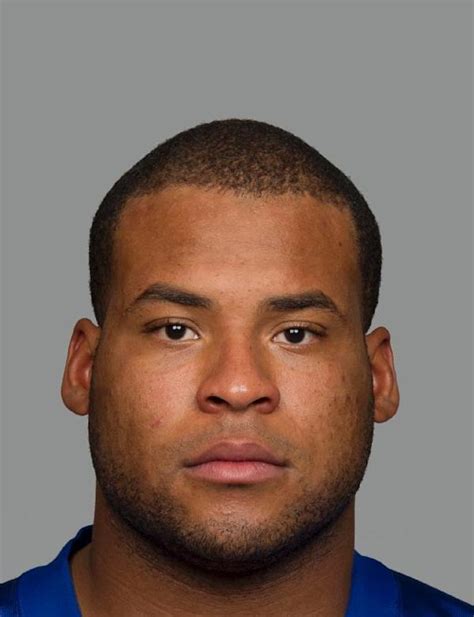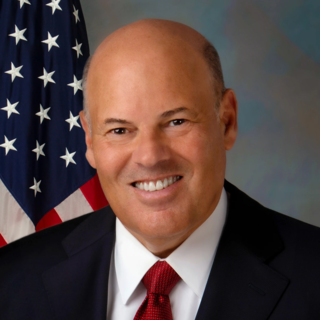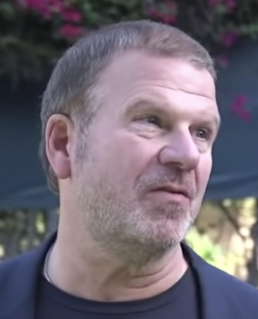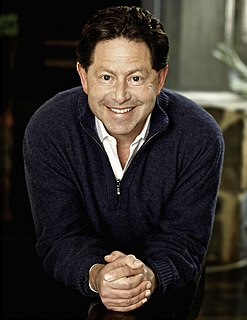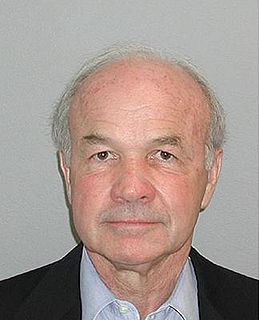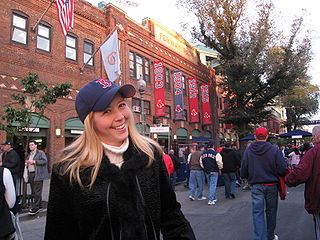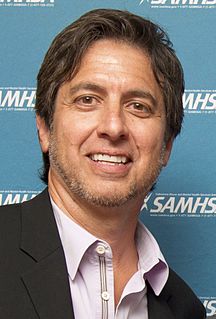A Quote by Charles Scott
Creativity is great-but not in accounting.
Quote Topics
Related Quotes
You have to understand accounting and you have to understand the nuances of accounting. It's the language of business and it's an imperfect language, but unless you are willing to put in the effort to learn accounting - how to read and interpret financial statements - you really shouldn't select stocks yourself
The great myth is the manager as orchestra conductor. It's this idea of standing on a pedestal and you wave your baton and accounting comes in, and you wave it somewhere else and marketing chimes in with accounting, and they all sound very glorious. But management is more like orchestra conducting during rehearsals, when everything is going wrong.
Creative accounting is an absolute curse to a civilization. One could argue that double-entry bookkeeping was one of history's great advances. Using accounting for fraud and folly is a disgrace. In a democracy, it often takes a scandal to trigger reform. Enron was the most obvious example of a business culture gone wrong in a long, long time.
There are some pretty obvious ways of benchmarking creativity. One way is to perform what I call a creativity audit, which is to look at your capabilities and look at your performance and examine the percentage of revenue that comes from products that are less than five years old, less than three years old and that are current with the present accounting period. You can then compare those figures to those of your competition along the same axes.
